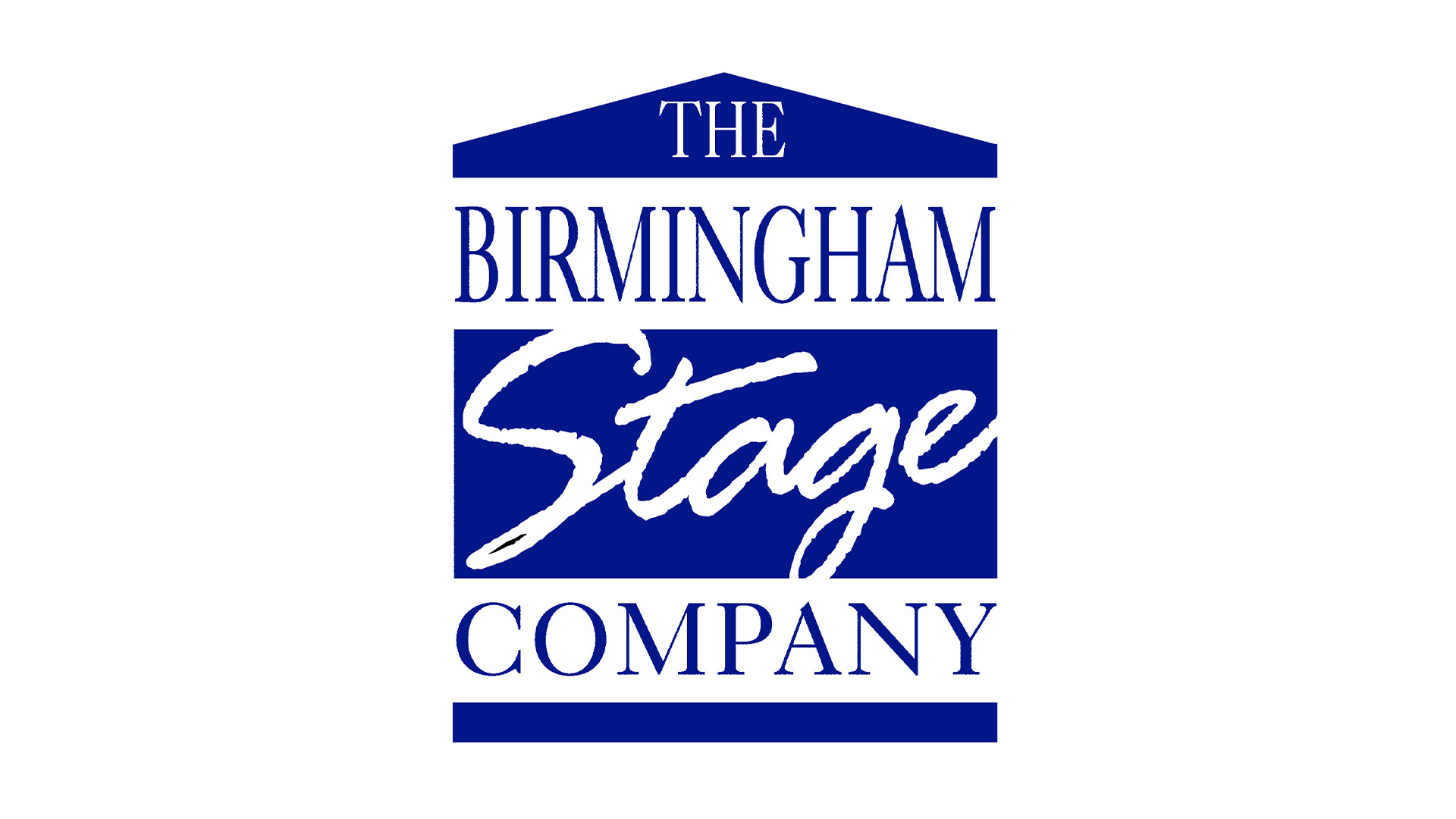
When the National Theatre first started broadcasting it’s shows in cinemas, I wrote to Nicholas Hytner to express my deep disquiet. It was, I warned, a terrible mistake to characterise these broadcasts as ‘theatre’. One day this mislabelling would come back to haunt us. Sir Nicholas politely wrote back to say he disagreed
Theatre is the conversation between the actors and the audience. In his book, The Empty Space, Peter Brook opens with the description of one actor walking across a stage in front of another person as all you need to create theatre. But the crucial thing is the audience has to be there. Nothing happens without someone watching, because you can’t have a conversation with someone who isn’t there.
Every actor on stage is communicating their role through the audience. Each performance is finely tuned to the audience’s reaction. The laughs, the quality of the silence, the intakes of breath. The audience themselves sense each other and respond as an organic group. The whole experience is shared between the actors and those watching.
Broadcasts of theatre shows are a facsimile of a theatre production. They are not the real thing and they have nothing to do with theatre. The audience watching the broadcast can take no part in the show. They cannot reach out to the actors. They cannot communicate between them. They cannot share the live thrill between fellow audience members. Instead these are filmed broadcasts. I would have no objection to them if they were solely advertised as such. But introducing the word ‘theatre’ has been a terrible mistake. It leads people to think that this is what they are experiencing, when it palpably is not.
We are now entering a period where theatres around the country are streaming their old productions as a substitute for the inability to perform. Recent announcements about continuing the lockdown for many months means it is possible theatre will not be allowed for a long period of time. We should therefore be lobbying the government hard that it will have to do everything possible to support theatre through what may the darkest (literally) time in our history.
But the Government may turn round and say everything is going to be fine – just keep streaming your work because that is still “theatre”. Even audiences may think that is what they are watching. So unless we defend the intrinsic, unique and immutable nature of theatre, we may lose it. It is therefore crucial for our industry to think again about what they are doing and how they do it. There is an awful lot at stake.
